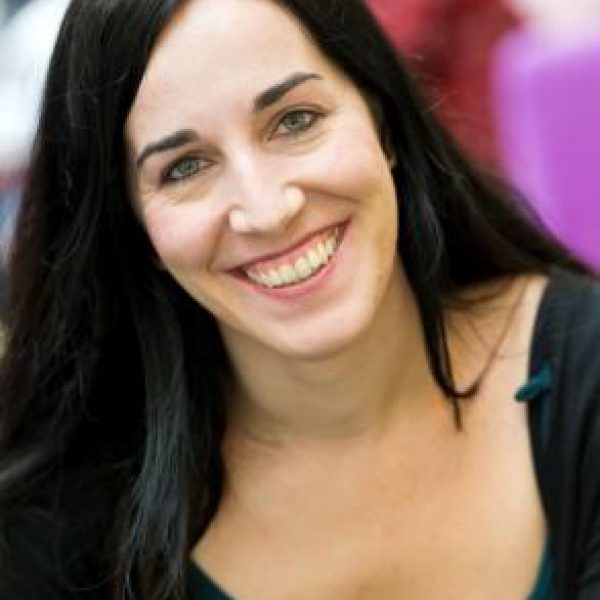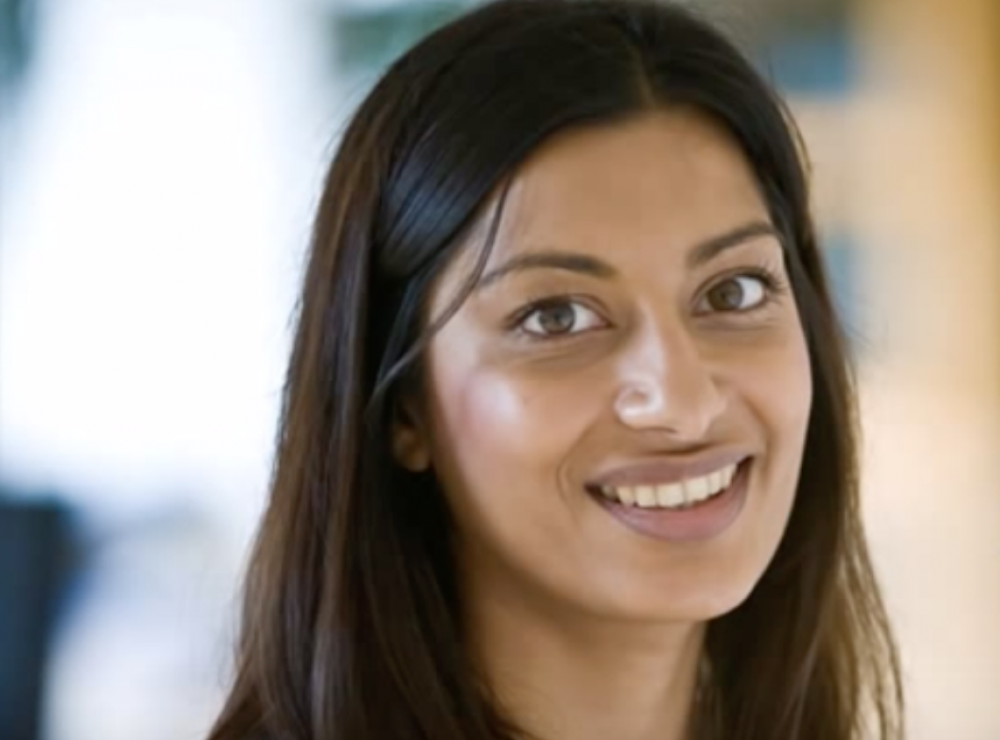This website uses cookies so that we can provide you with the best user experience possible. Cookie information is stored in your browser and performs functions such as recognising you when you return to our website and helping our team to understand which sections of the website you find most interesting and useful.

Royce speaks to ... Dr Ainara Aguadero
Celebrating International Women's Day 2019
Dr Ainara Aguadero
This week we sat down with Dr Ainara Aguadero, Senior Lecturer Imperial College London and Post Doc Champion. Ainara’s research looks at the relationship between the defect structure and transport, electrochemical and catalytic properties of ceramics in order to design materials with improved properties. Through this, she has developed new materials with substantial increase in the performance than those of the current state-of-the-art. She has published over 45 research papers in this field and holds 1 patent on their applications.
You need to be honest in your work and make sure you’re working on something you think is important. Maybe you don’t make it because it is very difficult; but you’re still trying to do something that can make a change for better in the field and for society.

Were you encouraged from an early age to embrace maths and science?
I was interested in science and was always very curious. I always tried to understand the way the world worked. Also, my mother was a doctor and I guess that made me try to understand how the body and science interact.
Do you think it’s important to encourage people at a young age to engage in these disciplines?
I think we need to do more than encourage, we need to teach them in a nice way. The teachers you have are so important, if you have a good teacher you can enjoy learning and if you enjoy it then you can see that it’s something you can develop further and enjoy working on. If you have a terrible teacher it can become very dull and I think that’s the problem a lot of the time.
What does your research at Imperial focus on?
My research focuses on solid state electro chemical devices and developing new energy related systems like batteries and fuel cells. We look at how we can use anything with ion and electron mobility in the solid state to improve our current energy systems.
We use a lot of surface analysis techniques because they help us understand chemically how ions move and what degradation processes can be occurring in a device. For instance, in the batteries sector, we’re trying to substitute the liquid organic electrolyte that we use nowadays in batteries with solid electrolytes that are not flammable to improve safety. Everyone is trying to develop better performing batteries and that can lead to a lot of safety problems. One of our projects is to substitute the liquid organic electrolyte with a solid electrolytes so you have to get the ions moving very fast in a solid state which is much more complicated than when you’re working with a liquid.
How do you see the next generation of electronics being influenced by this research area?
I think we’re at a very exciting time, not just for batteries but in general for how we are going to develop our energy sector. How we’re going to utilise energy from renewables, how we are going to deal with transport and how we integrate all that together. We can expect a lot of progress in this area.
We’re going to have a lot of breakthroughs in developing better batteries but also hybrids. Like lithium air or metal air batteries .if we can develop high-performance solid state electrolytes maybe we can open the door to new electro chemistries and higher energy densities. This can support so many application from biomedical to transport and portable electronics. The possibilities are huge.
Who are your inspirations or role models now?
There are a lot of people in my field – John B. Goodenough is one of the most important – he’s 96 but he’s still very active. My PhD supervisor José Antonio Alonso in Madrid taught me a lot about teamwork. In my job we work a lot as a team – we meet together every week to discuss ideas and help each other; I think that’s really important for the research. Also Clare Grey in Cambridge – she’s a very important role model. She’s a woman, she’s a fellow of the royal society and she’s a great scientist producing ground-breaking research.
What advice would you give to those interested in pursuing a career in academia?
You need to be honest in your work and make sure you’re working on something you think is important. Maybe you don’t make it because it is very difficult, but you’re still trying to do something that can make a change for better in the field and for society.
Also, don’t forget you work with people. It’s important to build an environment that is good for everyone’s development. Your team becomes a bit of your family. I think it’s important not to just focus on ‘me’ – I don’t think that works very well.
This year’s International Women’s Day promotes #BalanceforBetter. Do you think there is anything universities can proactivity do to address the gender balance in academic environments?
We’re already doing some things. Society is changing a lot, and so are universities. We need to ensure that everybody has the same opportunities, male or female to access whatever they want to do. We need to teach science from the beginning, show what science can do and show why it’s important in society – and make sure then make sure they have the opportunity to access these sorts of careers.



